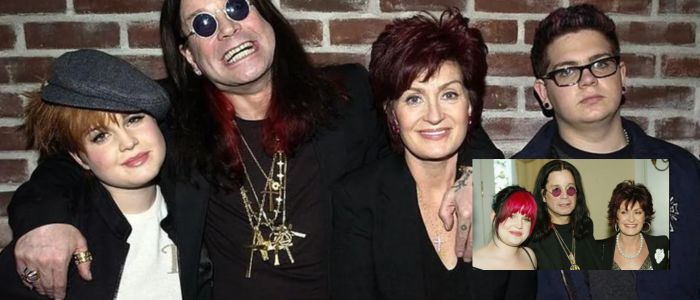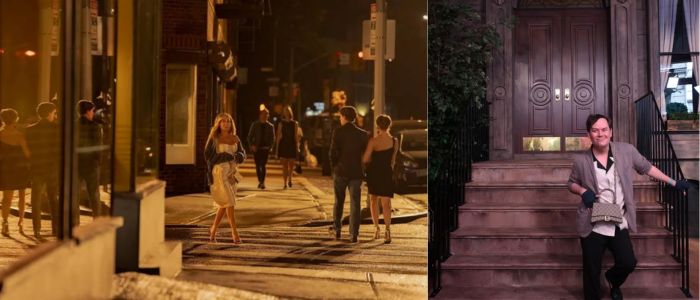His death, at 76, closes a chapter of music and television history as well. Though he came to be known as the "Prince of Darkness" in heavy metal, he's also remembered as a lovable, chaotic father on The Osbournes, a pioneering reality series that ran from 2002 to 2005.
A New Kind of TV Star
Ozzy, his wife Sharon, and children Kelly and Jack, let cameras into their Beverly Hills home, where famous lives mixed with family life. From fighting for the TV remote to struggling with the dog bowl, his everyday frustrations took on iconic status.
The show's producers were careful to bill it as a "reality sitcom," which was not only different from the competition-based reality formats like "Survivor" and "The Bachelor" that were tripping over one another at the time, but also lent a kind of legitimacy to their little freak show.
But the series' real magic is its very real charm. Sharon was the level-headed Mom, Kelly and Jack were the squabbling brother and sister team. Ozzy, who made frequent appearances splayed out and watching the History Channel, acted in a charmingly bizarre way that made him seem like a relatable dad.
For all the fame and fortune, their life was made up of everyday domestic details – including the time Sharon threw a ham over a fence at a noisy neighbour.
The Osbournes found the perfect balance between the untamed and the mundane, all of which appealed to viewers. The program soon became the highest-rated show in MTV's history. Its second-season debut brought in 6.6 million viewers — an 84% surge from its debut.
The Osbournes' success also opened the gates for other celebrity-oriented programs such as Newlyweds: Nick and Jessica and Keeping Up With the Kardashians.
To Write for TV, "Enshrine the Ambiguity": Creating a New Genre of Reality TV
When The Osbournes started, there were still relatively few people making TV out of their real family life. The show was shot around the clock, with cameras rolling until the family went to sleep. The Osbournes soon forgot about cameras, the producer, Jeff Stilson, said.
Early episodes could be cut from just three weeks' worth of footage. By comparison, many of today's reality shows spend no more than four days shooting an episode.
Production became more formalized as the series gained in popularity. Jack and Kelly later confessed that some bits, like a session with a dog therapist, had been planned. Original strategies like splicing quotes from disparate scenes to make "Frankenquotes" were already well on their way to becoming industry standards—originating on The Osbournes, according to editor Charles Kramer.
The show provided fans with unparalleled access to celebrity life, but it also affected the family. Ozzy has admitted he felt like a "laboratory rat" after years of being watched and recorded, adding that he wasn't embarrassed by the show but did struggle emotionally. By the later seasons, Sharon was diagnosed with cancer, and Ozzy's battles with addiction cast a darker tone on the series.
A Lasting Legacy
The brash brothers and sisters in rebel revelry were as much brats in real life, Jack and Kelly revealed in a forthcoming biography, as they were on screen; the attention from the reality show also colored their experiences of being teenagers while cameras were rolling.
Kelly would eventually discuss her hardships, including drug use, in multiple interviews and books. Both she and Jack would, in later years, express how understated neither they nor their outerwear were when it came to the shockwave of overnight celebrity.
When The Osbournes wrapped in 2005 after 52 episodes, its place in television had been solidified. It altered the way people saw stars, making their lives feel closer. Today, of course, the social media age allows stars to share their lives immediately, but in the early 2000s, The Osbournes was one of the first shows to pull back the curtain.
Ozzy's impact will continue to be felt in rock history and on television. From his thick Birmingham accent to his surprising tenderness as a father, he was a personality fans could laugh with, relate to, and admire, while staying true to his own secret self.
Entertainment

Ozzy Osbourne: From Rock Legend to Reality Icon

The world is mourning Ozzy Osbourne today, not only as the demon of Black Sabbath but also as the surprising soul of early Aughts reality TV.















